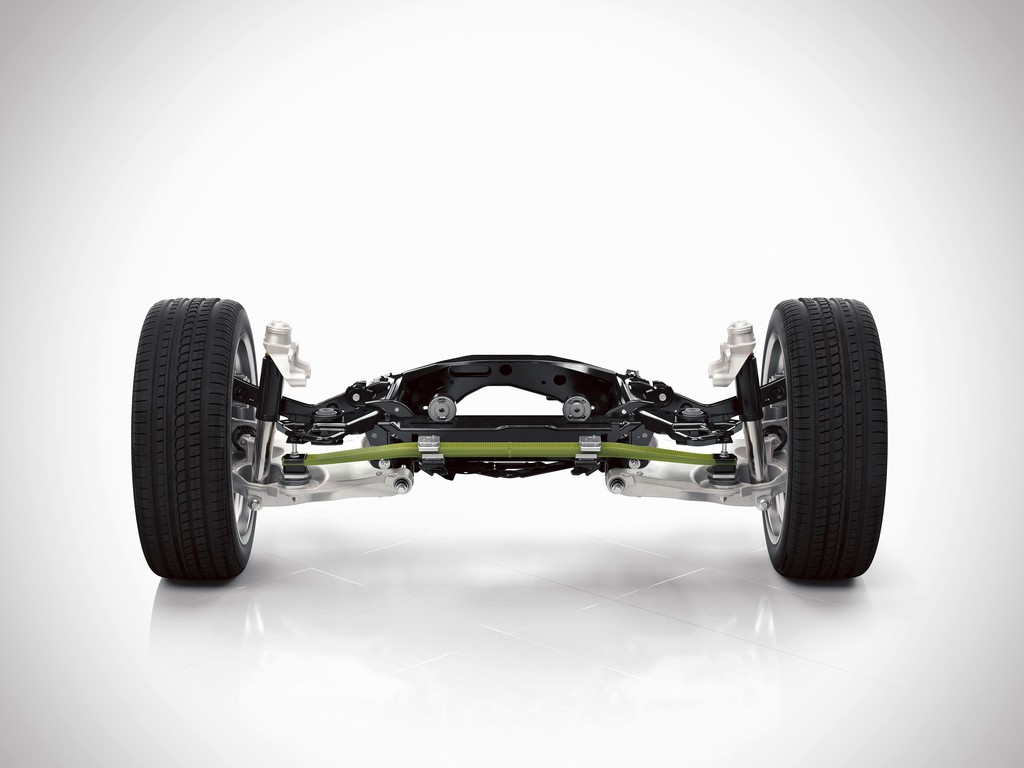

|
Edward Lowton
Editor |


|
| Home> | Production Engineering | >Fasteners, springs and adhesives | >Fast-curing resin |
Fast-curing resin
01 February 2017
Lightweight construction methods are now a feature of automotive engineering, but the mass production of composite components can present challenges. Henkel believes tailored adhesives, together with fast-curing and reliable resins, are essential to the viability and cost efficiency of these highly automated, short production cycles.

A typical example of these latest developments is Henkel’s Loctite MAX 2 composite matrix resin for resin transfer moulding (RTM) processes. This polyurethane-based product is fast curing, ensuring economic processes and improved throughput. In addition, the quality of the resin is said to enhance the quality of the end-product.
Loctite MAX 2 is a two-part product that has been specifically developed for RTM with glass or carbon fibres. Due to its low viscosity, the polyurethane matrix resin rapidly fills the mould and quickly, yet gently, impregnates the fibre material, resulting in short injection times. The curing rate is said to be substantially faster than that of epoxy resins. A post cure can also be performed to ensure a full cure in around one hour at 150°C.
A German tier 1 supplier and manufacturer has already benefitted from this technology. The polyurethane matrix resin has enabled Benteler-SGL to develop a glass-fibre-reinforced leaf spring with a projected production output of over 100,000 parts per year. The leaf spring has been adopted by Volvo on its XC90 and enables a weight saving of 4.5kg per axle.
- Retaining adhesives re-launched
- Elastic adhesive allows instant handling
- Adhesive dispensing
- Multiple ways to learn about threadlocking
- New packaging underpins brand security for Henkel LOCTITE products
- Gasketing sealant in pen form
- Upgraded website
- Three categories
- Works at low temperatures
- Chrome-free

















